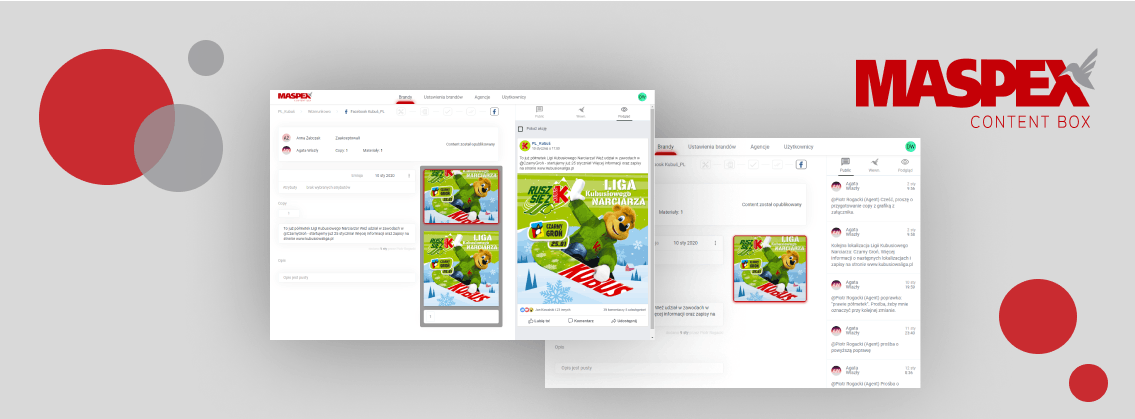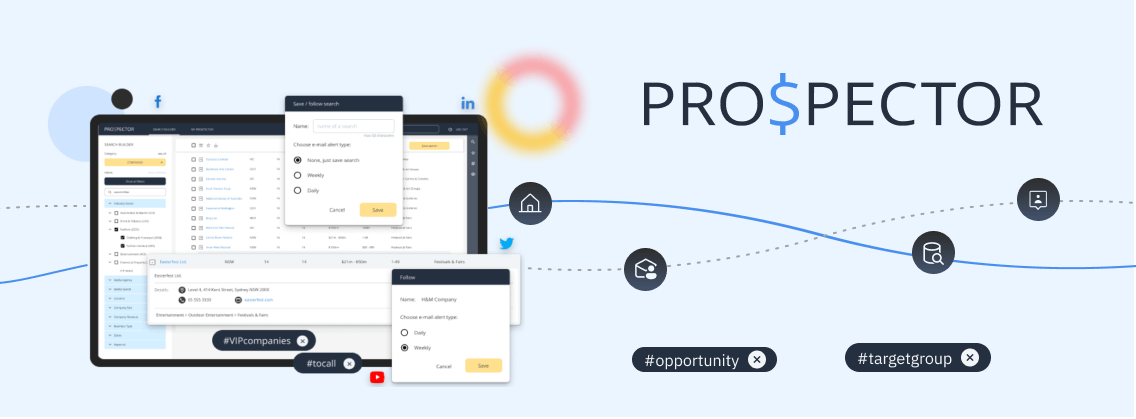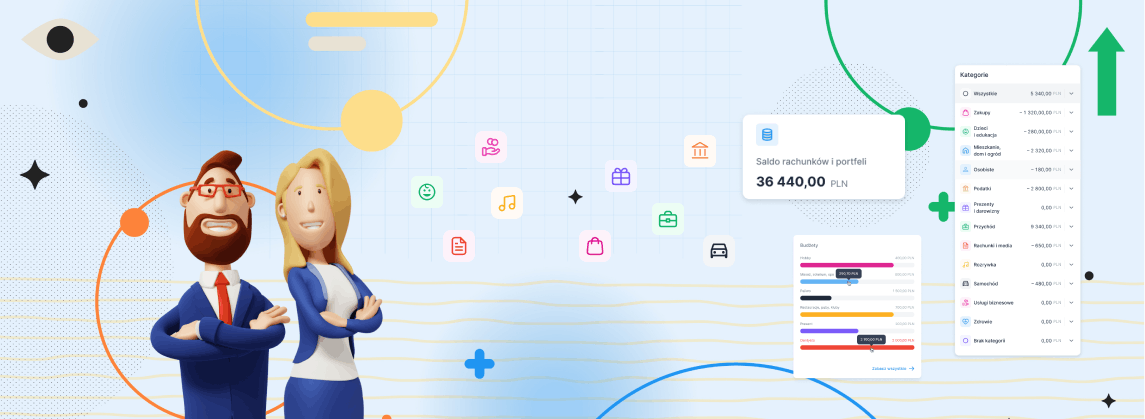Custom web app development company


































From concept to launch, we build scalable web apps that perform
What is your digital strategy?


New venture
New venture

Management tool
Management tool

New SaaS product
New SaaS product

Migration of an existing web portal
Migration of an existing web portal
What is included in Web App Development Services?
What sets us apart from other agencies?
Examples of our custom web apps
Reviews of our work

The most important outcome was the fact that the project was delivered on time and within the budget estimated by LeanCode.


The most important outcome was the fact that the project was delivered on time and within the budget estimated by LeanCode.


The team not only delivered what we needed, but they improved on what we wanted as well. The new platform is a significant advantage to our sales. I have worked with many IT teams developing software for over 30 years. This team is top grade.

The team not only delivered what we needed, but they improved on what we wanted as well. The new platform is a significant advantage to our sales. I have worked with many IT teams developing software for over 30 years. This team is top grade.

Working with LeanCode is at a very high level! LeanCode has skillfully delivered the project as per the client's requirements. The service provider ensures effective and productive communication through meetings, interviews, and email. Their commitment, project management, availability, and supportive approach are key elements of their work.


Working with LeanCode is at a very high level! LeanCode has skillfully delivered the project as per the client's requirements. The service provider ensures effective and productive communication through meetings, interviews, and email. Their commitment, project management, availability, and supportive approach are key elements of their work.

How can you start with custom Web App Development?
Let’s talk about your new web app project!

During your first interview with one of our LeanCode experts, we will discuss your vision for the web app or web portal and how we can be helpful. We will inform you about the potential budget and timeline.







